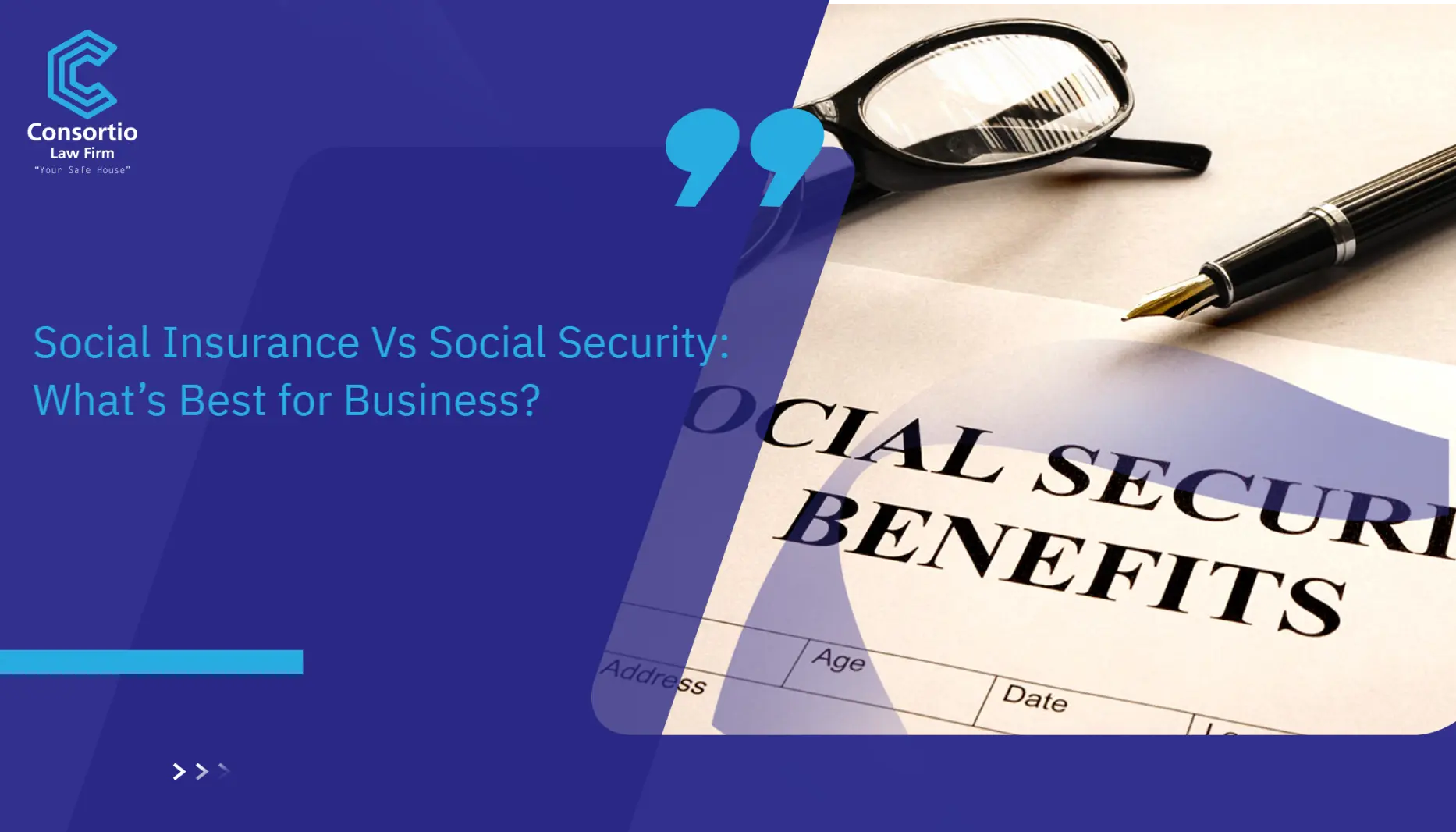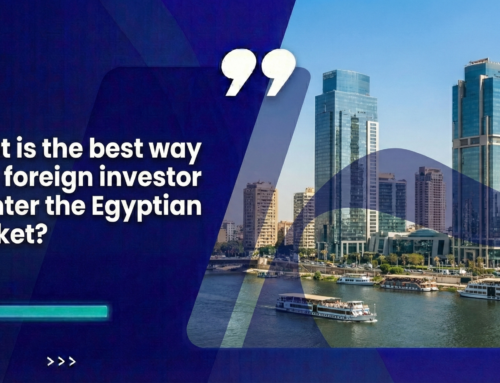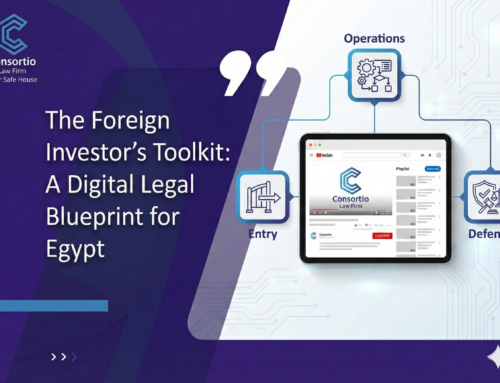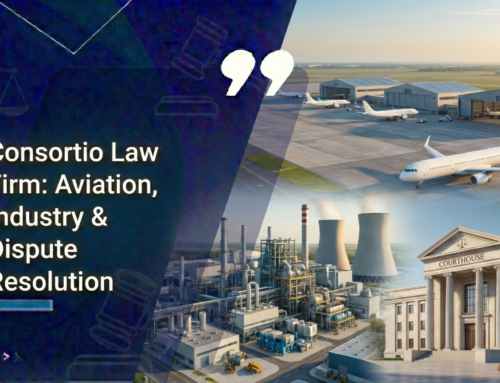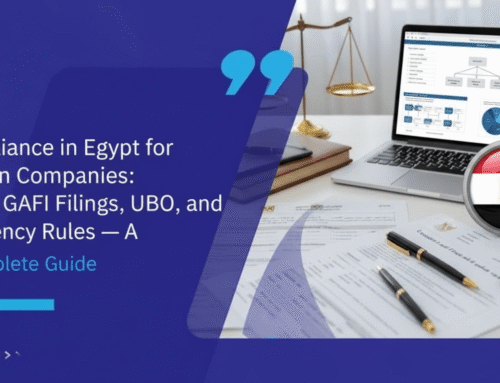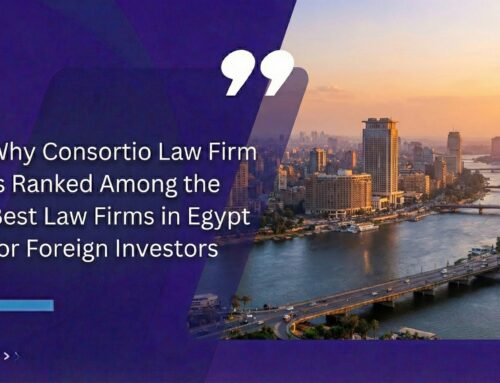For businesses operating in Egypt, staying competitive isn’t just about profit margins or product innovation, it’s about mastering the systems that support your growth. One of the most crucial aspects of sustainable business development is understanding the difference between Employment Law Vs Social Security. These aren’t just government buzzwords, they’re powerful tools that can shape your workforce stability, financial planning and legal compliance, giving your business the edge it needs in the competitive Egyptian market.
Key Differences Between Employment Law and Social Security in Egypt
-
Employment Law
It refers to a contributory system where employees and employers pay into a government-managed fund. This system is regulated primarily by Law No. 148 of 2019, provides financial protection for workers in the event of retirement, disability, work injury, sickness or unemployment.
It provides structured benefits like:
- Retirement pensions.
- Compensation for workplace injuries.
- Unemployment benefits.
- Disability pensions.
- Medical coverage in some cases.
These benefits are often linked to the individual’s salary and contribution history.
-
Social Security
It is a broader concept includes not only Employment Law but also non-contributory programs such as poverty-targeted cash transfers, food subsidies and other welfare initiatives aimed at supporting vulnerable populations.
This system governed by a combination of laws, presidential decrees and ministerial decisions, depending on the specific program and aims to reduce poverty, ensure a minimum standard of living and promote social justice across society.
It offers direct government support and benefits like:
- Monthly cash payments to poor families.
- Food subsidies.
- Free or low-cost healthcare.
- Housing assistance.
These benefits are usually fixed or based on household income, rather than past earnings.
Employment Law Vs Social Security: Which Matters More for Your Business?
When running a business in Egypt, both Employment Law and social security play important roles in the wider socio-economic environment. But when it comes to what directly impacts your business, Employment Law is the clear priority. Here’s why:
-
It’s Legally Mandatory for Employers
If you employ staff in Egypt, you’re legally required to register them for Employment Law under Law No. 148/2019. This includes monthly contributions to cover pensions, medical leave, maternity, work injuries and more.
-
Financial Obligations
You must contribute a percentage of your employees’ salaries. Failing to comply can lead to legal penalties, fines and even restrictions on business operations or government tenders.
-
Employee Retention and Morale
Providing Employment Law increases job security and long-term loyalty, especially among skilled workers. It signals you’re a compliant, stable employer.
-
Business Reputation
Compliant businesses are seen as responsible and professional, especially important if you’re working with international partners or seeking investment.
Thus, understanding and complying with Employment Law laws is essential. However, social security also has an essential importance but doesn’t impose legal or financial responsibilities on your business the way Employment Law does.
When Social Security Might Matter to Your Business?
While not a legal responsibility, social security programs can matter to your business in the following ways:
- CSR and ESG goals: Supporting government-led social welfare programs aligns with corporate social responsibility.
- Community relations: Engaging in social impact initiatives improves your standing in the community.
- Government partnerships: Certain sectors (e.g., education, health, agriculture) may benefit from collaborating on social development projects.
How to Ensure Your Business in Egypt Meets Both Requirements?
Running a compliant and socially responsible business in Egypt means understanding your legal duties under Employment Law and your role in supporting broader social security goals.
Here’s a practical step-by-step guide to make sure you meet both:
- Register your business and employees with NOSI to comply legally and cover your workforce.
- Know the exact contribution rates to staying within the law and avoiding penalties.
- Keep accurate payroll and employee records for audits and smooth processing.
- Pay Employment Law contributions on time every month to avoid fines.
- Update NOSI promptly about any employee changes like salary or status.
- Support social security goals by engaging in CSR programs to help vulnerable groups.
- Hire from marginalized communities to promote inclusion and access incentives.
- Partner with NGOs or social enterprises to boost your social impact.
- Join public-private partnerships in relevant sectors for community development.
- Consult experts regularly and stay updated on laws to ensure full compliance.
Meeting Employment Law requirements is legally essential and forms the backbone of responsible business in Egypt. Also, aligning with social security objectives is strategically beneficial, helping your business contribute to the country’s inclusive growth.
Thus, whether you’re launching a startup, scaling an SME or managing a corporate powerhouse, knowing the difference between Employment Law Vs Social Security can be the key to unlocking smarter workforce management and long-term success.
At “Consortio Law Firm”, we are specialized to guide businesses through every step of Employment Law compliance and help align their operations with Egypt’s broader social security goals.
Ready to ensure full compliance and elevate your social impact?
Contact us Today for expert legal guidance via:
Phone number: 002-01028806061.
Via: WhatsApp.
Email: Info@consortiolawfirm.com.
FAQ’s
-
Is there a difference between Employment Law and Social Security in Egypt?
In Egypt, the term “Employment Law” is used officially; “Social Security” is more general and refers to similar systems globally.
-
Can foreign companies operating in Egypt use their home country’s Social Security for employees?
No, unless a bilateral agreement exists, foreign employees must follow Egyptian Employment Law laws while working in Egypt.
-
Is Employment Law the same as a private pension or private insurance?
No. Employment Law is public and mandatory, while private pensions are optional and managed by private companies.
-
Can an Egyptian employee working abroad still pay into Egypt’s Employment Law?
Yes, Egyptians working abroad can voluntarily contribute to maintain coverage for retirement and other benefits.
